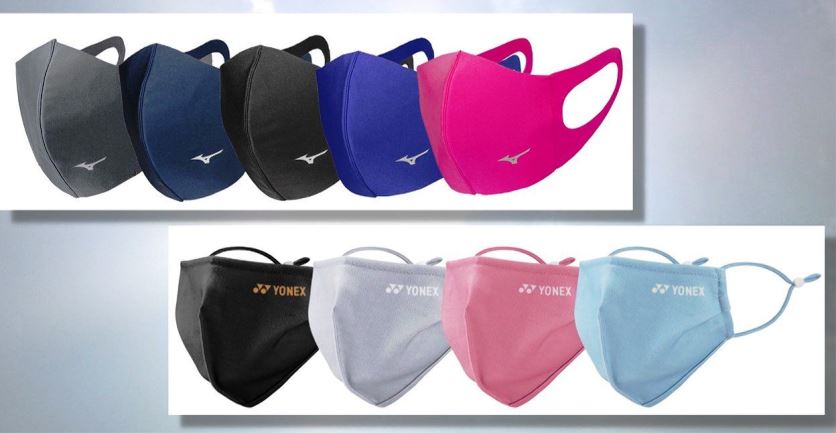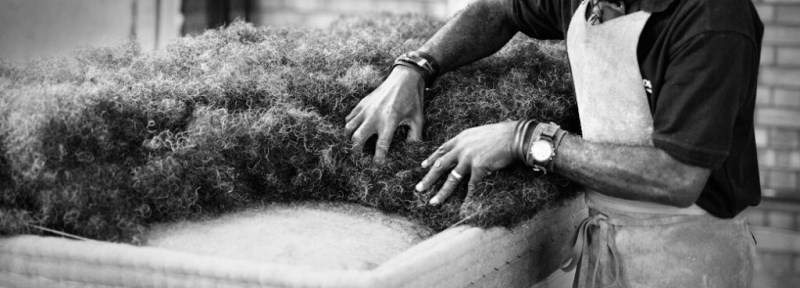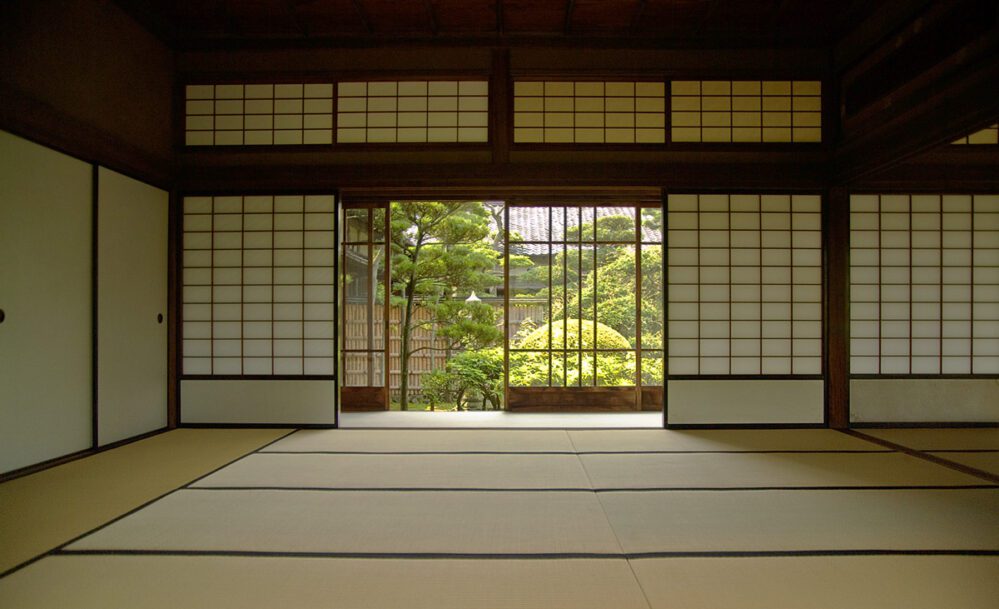
Japanese markets were rapidly being flooded with new types of medical masks, even before the masks of the Japanese government arrived, which sparked a storm of controversy between supporters and opponents.
The current percentage of distribution of the Japanese government masks was limited to 25% of the total target throughout the country. There were complaints from people that the masks had already reached, because they “increase the feeling of the hot air” and “do not allow to breathe well, and lose compared to other products.”
So the hopes were related to the emergence of “Natsunomasco” or summer masks, which combine the prevention of infection from spray and breath easily before the arrival of the hot summer.
Many sports gear manufacturers have already responded to these hopes. One of the initiators, Mizuno, was offering medical masks made of raw materials for swimming wear.
The whole quantity of 20,000 pieces were sold as soon as they were put up for sale. Even when the second quantity was released on May 28, the company had to choose buyers by lot, due to the high demand from consumers.
Unix also introduced masks made of special materials that use a mixture that incorporates xylitol into the fabric.
And those gags feel their users in the cold air, as they do not allow water vapor to accumulate inside the muzzle, even on days when the air is hot. It has the ability to be tied with a thread.
And one of the cities started to manufacture summer masks.
The old knitting workshop, Mochida Hosi, who works in the Japanese TAPE shoes (rubber-based shoes with a toe separator), located in Gyoda, Saitima Prefecture, has been working continuously for a month to manufacture gags.
Currently, the Ozawa sportswear company is developing “Natsunomasco” or masks that absorb sweat and easily dry out, taking advantage of Giuda’s knitting techniques.
And when wearing one of the masks that are still under special development, and the experience of running with it, it becomes clear that they prevent the storage of water vapor thanks to the fabric used in its manufacture.
Thus, work continues to manufacture “Natsunomasco” or Japanese summer masks with pride and determination, from the major companies to the workshops of manufacturing small tapi shoes.



